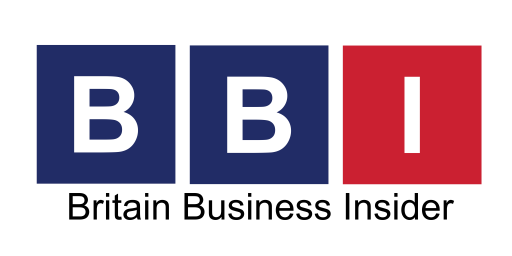LONDON, 24 April 2025 — The UK’s Serious Fraud Office (SFO) has unveiled a significant overhaul of its corporate crime enforcement strategy, aiming to revive corporate self-reporting and accelerate the resolution of economic crime cases through a newly published guidance document.
Titled External Guidance on Corporate Co-Operation and Enforcement in relation to Corporate Criminal Offending, the new framework introduces clearer incentives for companies to voluntarily disclose wrongdoing — most notably by directly linking self-reporting to eligibility for Deferred Prosecution Agreements (DPAs) for the first time.
The guidance comes amid declining levels of voluntary disclosures and cooperation by companies in recent years, with the SFO having secured only a dozen DPAs since the mechanism was introduced in 2014. No new DPAs have been concluded since 2021, raising concerns about the effectiveness of the UK’s current enforcement model.
A Shift in Approach
In a move aimed at restoring confidence in corporate enforcement, the SFO now offers a direct and secure portal for companies to report suspected misconduct to its intelligence division. Once a self-report is submitted, the SFO commits to responding within 48 business hours and providing ongoing updates throughout the process.
Investigations stemming from self-reports are expected to move faster: the SFO has pledged to decide whether to open a formal probe within six months and to conclude any related DPA negotiations within a similar timeframe.
What Cooperation Now Looks Like
Under the new rules, “genuine cooperation” includes preserving all relevant digital and physical evidence, briefing the SFO on internal findings, and maintaining transparency about ongoing internal probes. Companies are also encouraged — though not compelled — to waive legal privilege on certain materials, with the SFO noting this could significantly streamline investigations.
However, the agency has clarified that while declining to waive privilege will not count against a company, voluntarily doing so may be viewed as a “strong cooperative gesture” — particularly important in cross-border cases involving jurisdictions with differing privilege laws.
Policy Driven by New Corporate Offence
The update aligns with the UK government’s wider reform agenda, including the incoming corporate offence of “failure to prevent fraud”, which comes into force on 1 September 2025. Officials hope the refreshed enforcement model will create stronger incentives for early corporate engagement and accountability.
Speaking at the launch, SFO Director Nick Ephgrave said the new guidance “marks a turning point in how we work with businesses to combat fraud and corruption.”
“This is about building a system where companies are part of the solution — not just the problem,” Ephgrave added.
Legal and compliance experts say the updated approach offers greater clarity and predictability for corporates considering self-reporting, but also raises new challenges around privilege, legal risk, and managing simultaneous investigations in multiple jurisdictions.
The full guidance is now available on the SFO’s official website.




